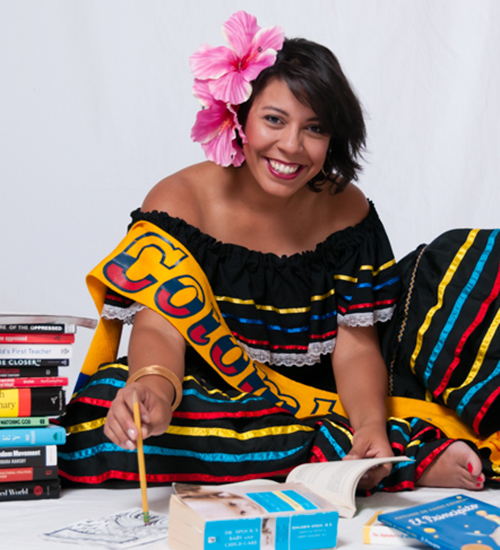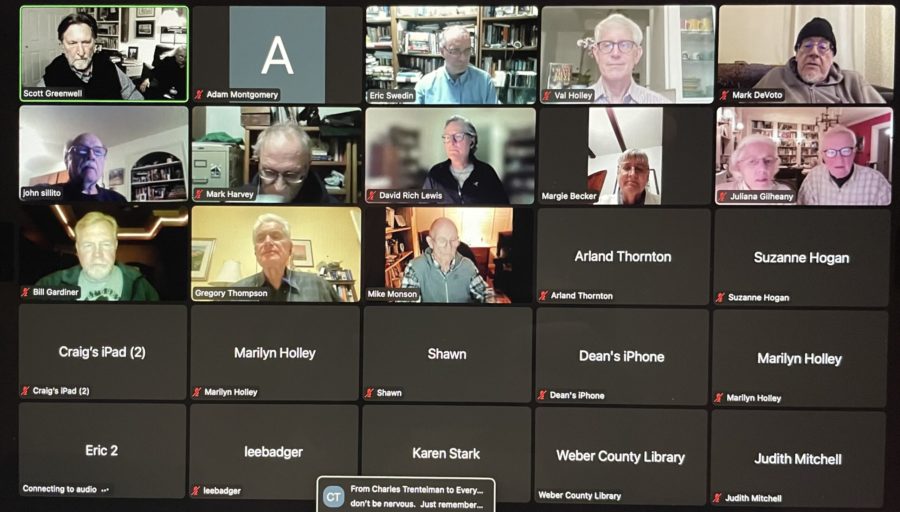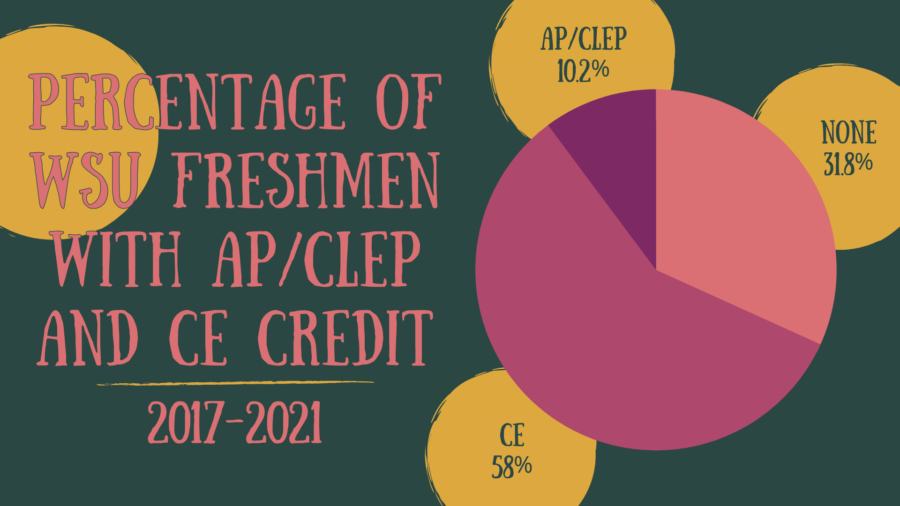Nearly a year after she was first scheduled to come and speak at Weber State University, nationally-renowned journalist Mary Mapes presented on her story and about modern journalism over Zoom on Feb. 23.
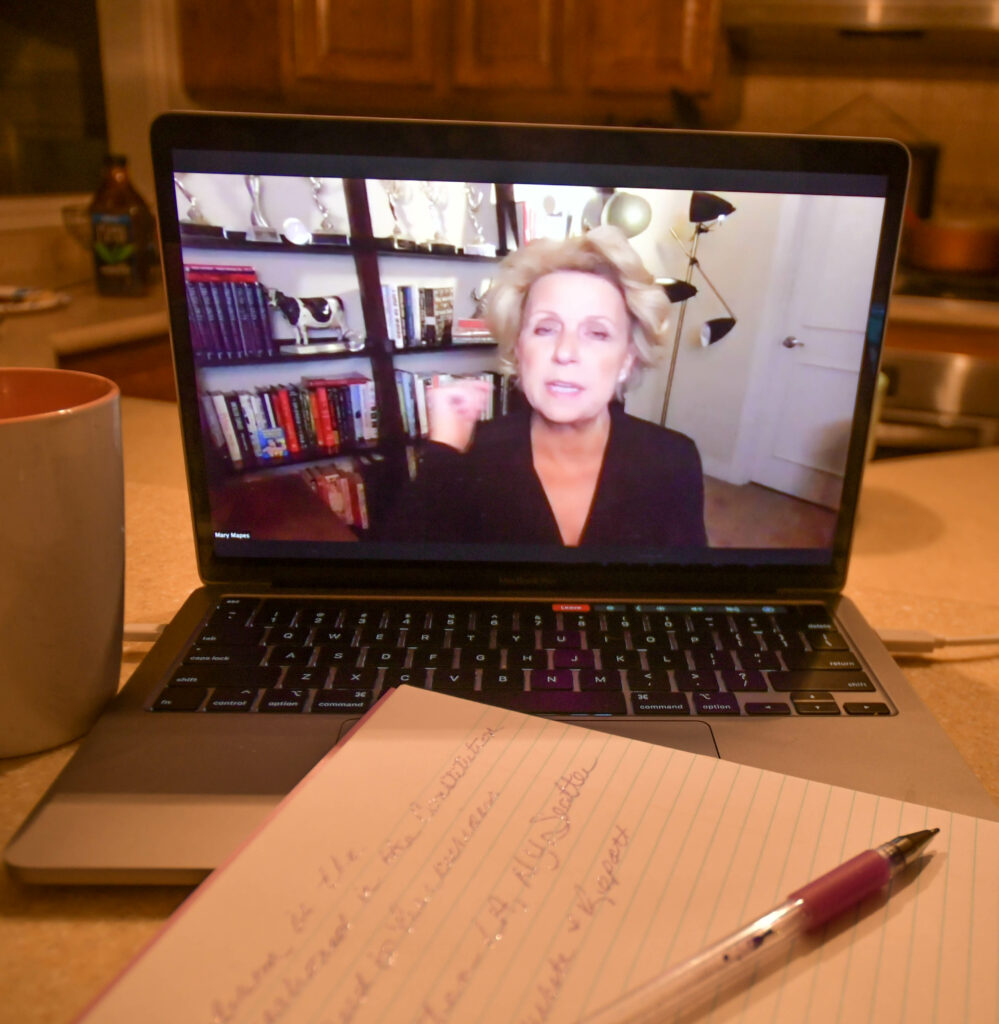
Mapes was originally scheduled to present at WSU in March of 2020, but the beginning of the COVID-19 pandemic caused a change of plans, and she was finally able to present virtually Feb. 23. However, the Zoom presentation suffered periods of speakers freezing and their words being broken up due to poor internet connection – some of the downsides to virtual presentations.
Mapes is a former “60 Minutes” producer for CBS. In 2004, she broke two life-changing stories: one on Middle Eastern prisoner abuse in the Abu Ghraib prison in Iraq, and the other on former President George W. Bush’s spotty service record in the National Guard during the Vietnam War. The former won her the Peabody Award, the highest honor in broadcast journalism; the latter got her fired from CBS and ended her broadcast journalism career.
Mapes wrote about her story in her book “Truth and Duty: The Press, the President and the Privilege of Power.” The book was later dramatized into the 2015 movie “Truth” starring Cate Blanchett and Robert Redford.
Despite being fired from CBS, Mapes continues to write for various publications.
Mapes began the presentation introducing herself, her history and her reporting experiences. She grew up on a farm in Washington. Growing up, access to media was really important for her and her family, and she wanted to be able to see the world and keep up with events. Her love for the news, reading and writing were what got her almost immediately involved in the news.
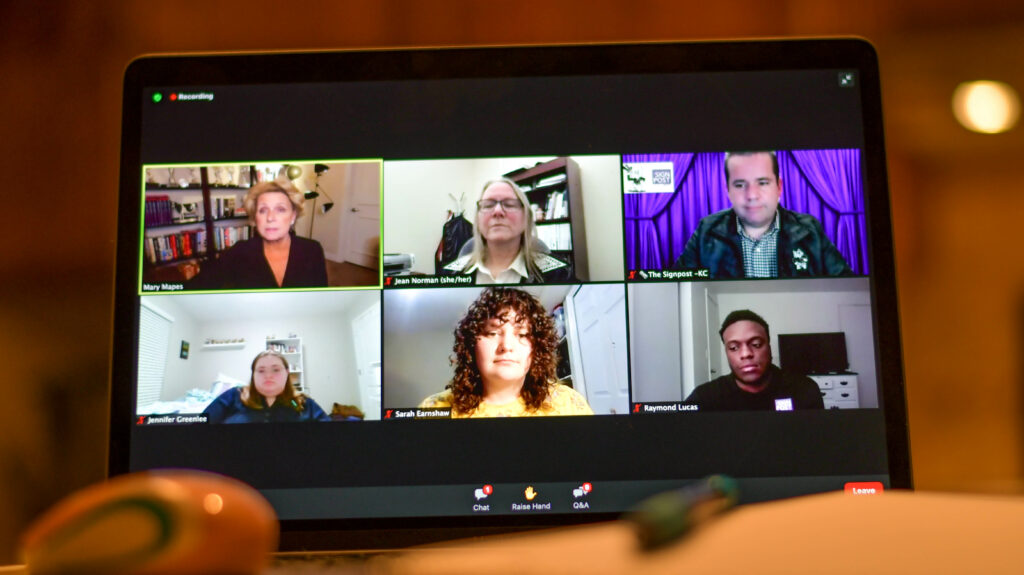
She described how journalists have always faced opposition because of people disliking what they report, briefly mentioning how she went to jail once in 1999 for not revealing a source. She also talked more in depth about her Abu Ghraib and Bush record stories and how they were attacked by people on the internet. She talked about invasive cameras and receiving threats from people who disliked her stories, which also made her fear for her family.
Despite all of this, Mapes encouraged journalists and aspiring journalists listening to the webinar to not let the hardships and struggles stop them from wanting to be journalists. She talked about how news jobs are so important, and they’re the only job mentioned in the U.S. Constitution. She said journalism is a mix of light and dark, good and bad, celebration and sadness, and that it’s important and worth doing.
Mapes also talks about this in the preface of her book.
“I hope ‘Truth’ encourages, in even a small way, the next generation of journalists to love their work,” Mapes wrote. “I hope it reminds working reporters everywhere that they have the best jobs in the world – they get to tell the truth.”
Mapes said that journalism is a good career for curious people who get bored easily because every day is different and interesting and it allows one opportunities to see the world.
Mapes’ presentation included many pieces of advice to those in the profession and those on their way to becoming journalists, such as how to handle seeing a lot of tragedy, negative parts of life and growing a thick skin.
She also mentioned that journalists, despite popular belief, don’t have to choose between family and journalism. She joked about the skills she acquired in journalism that helped her in parenthood, such as interviewing or “grilling” a child to get information and problem solving skills. She also talked about how her career and connections introduced an aspect of diversity to her son’s life early-on.
Mapes talked about how diversity is important in the newsroom but also about how this diversity needs to be more than just race – diversity includes geography, gender, life experiences and more. For example, her upbringing on a farm allowed her to better understand what victims of natural weather disasters go through when their farming properties are destroyed.

She said the country needs more reporters “outside of D.C., New York and LA” — in other words, more reporters who understand aspects and feelings of smaller communities in addition to reporters from big cities.
“You guys have insights into life that other people don’t have, and if you stick with journalism you’re going to figure out ways to use them,” Mapes said.
Mapes specifically encouraged listening journalists to get involved in local news since it’s very important for informing the public in their daily lives and communities.
Mapes’ presentation ended with a panel Q&A session, with questions from both the Signpost editors on the panel as well as questions submitted from audience members. One common theme was about the current national focus on “fake news.”
Mapes said that money and political loyalties ruin modern journalism. For example, CBS had to fire Mapes for the sake of approval and to avoid being boycotted after her coverage of Bush’s spotty military service record. There will always be people who dislike what the reporters report.
After an audience member asked, “Do you think unbiased journalism exists?” Mapes discussed the inevitable presence of inherent “bias” due to the fact that everyone’s life experiences and views are different. Everyone will write differently because everyone is unique. She said she doesn’t think any human is incapable of doing anything that doesn’t in some way reflect their life.
Mapes said the best thing reporters can do to fight bias is to try to at least get both sides of the story.
“What you can do is be true to the facts of the story,” Mapes said. “You can be true to what you saw, you can be true to what the people told you, and that’s not bias.”
She said that journalists can counter accusations of being “brats” and “creators of false news” by trying to help people understand that journalists are also just real people. Journalists are there to give short-hand of the important news. A critic also can’t assume that they know everything about someone’s politics and life just because they’re a reporter.
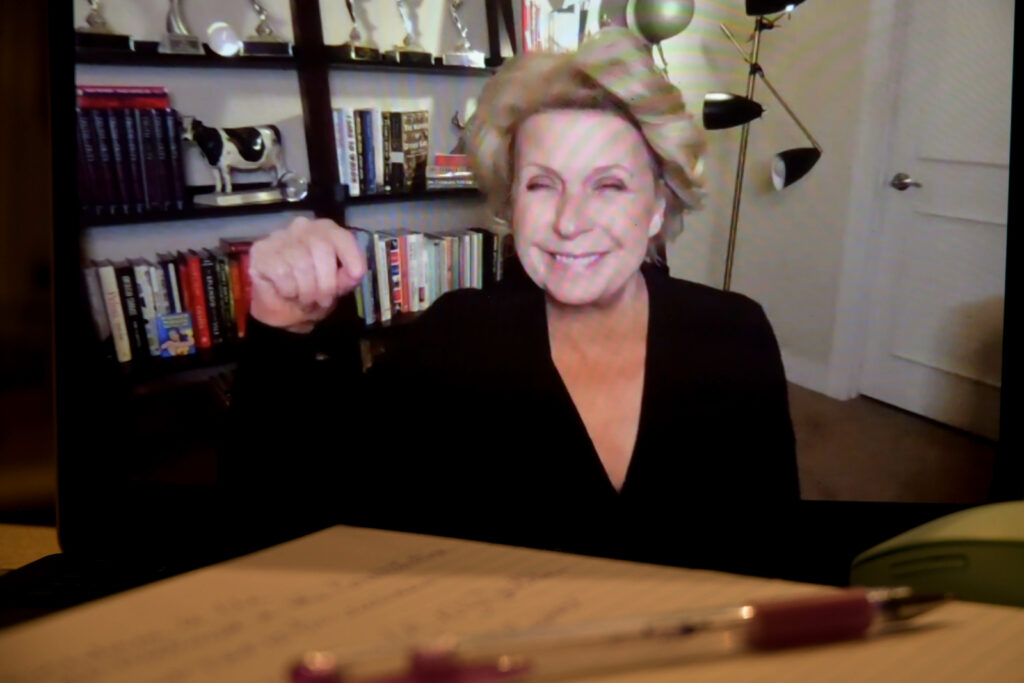
Mapes also told listeners to just accept that not everyone will agree or be willing to change their minds.
Mapes writes about this concept of freedom of press and news being run by imperfect people who make mistakes in the preface of her book.
“I hope it reminds people that the press may not be perfect, but it beats the hell out of the alternative,” Mapes wrote.
When another audience member asked about the future of journalism, Mapes speculated about a possible rise in non-profit journalism. She talked about how the lack of monetary incentive would allow journalists to simply report the truth and also eliminate click-bait stories. Lack of monetary concern could also allow non-profit news to continue growing and hiring journalists.
Mapes said that the changing medium of news will be handled and embraced just as change has been in the past, such as the shift from radio to TV. She also reiterated that there will always be a place for local news.
Mapes encouraged listeners to “read promiscuously” or to include several different news publications in their news intake to get a good variety of information and views.









